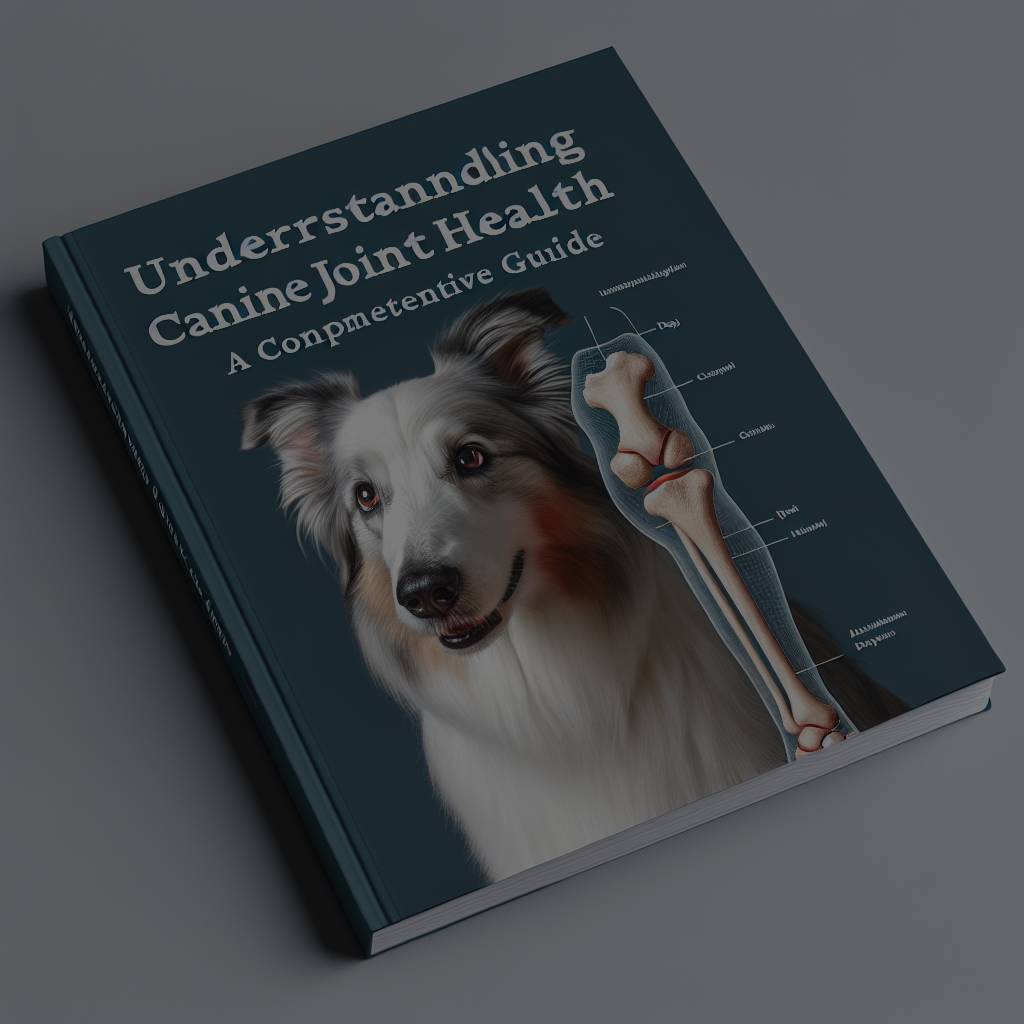
Understanding Canine Joint Health: A Comprehensive Guide
Maintaining optimal joint health is crucial for ensuring the overall well-being and quality of life for our canine companions. As responsible pet owners, it is our duty to understand the importance of joint health and the factors that can affect it. This comprehensive guide aims to provide a deeper insight into canine joint health, shedding light on the significance of this topic and exploring the various factors that play a role in maintaining the health of our furry friends’ joints.
The Importance of Canine Joint Health
Canine joint health is of utmost importance as it directly affects the mobility, comfort, and overall quality of life for dogs. Joints serve as the connection between bones, allowing for smooth movement and flexibility. When a dog’s joints are healthy, they can run, jump, and play with ease. However, when joint health is compromised, it can lead to stiffness, pain, and limited mobility. This can significantly impact a dog’s ability to enjoy their daily activities and may even result in a decreased lifespan.
Joint health is particularly crucial for certain breeds predisposed to joint issues, such as large dog breeds like Labradors or German Shepherds. These breeds are more prone to conditions like hip dysplasia or arthritis. Therefore, understanding and actively promoting joint health becomes even more important for these dogs, helping them live a comfortable and active life.
Factors Affecting and Maintaining Canine Joint Health
Several factors can affect canine joint health, and being aware of these factors allows us to take proactive measures to maintain our furry friends’ joint health. One significant factor is age. As dogs grow older, the wear and tear on their joints increase, making them more susceptible to joint issues. Regular exercise and maintaining a healthy weight are vital to reducing the strain on joints and promoting their longevity.
Nutrition also plays a key role in joint health. Feeding a balanced diet that includes essential nutrients like omega-3 fatty acids and glucosamine can support healthy joints. Additionally, providing supplements specifically formulated to promote joint health can be beneficial, especially for older dogs or those with existing joint conditions. Regular visits to the veterinarian for check-ups and early detection of any joint issues are also crucial in maintaining canine joint health.
Understanding canine joint health is vital for pet owners who wish to provide their furry companions with a happy and pain-free life. By recognizing the importance of joint health and understanding the factors that can affect it, we can take the necessary steps to maintain optimal joint health for our dogs. Regular exercise, a balanced diet, and periodic check-ups with the veterinarian are key components to ensure healthy joints. By prioritizing joint health, we can ensure that our loyal companions can enjoy an active and comfortable life for years to come.
Certainly! Here’s a naturally flowing, SEO-friendly “You might be interested in” paragraph with embedded links to related Wikipedia articles: — You might be interested in exploring more about the underlying conditions affecting joint health in dogs. For instance, speaking of large breeds, you might want to read about hip dysplasia in dogs, a common condition especially in breeds like Labradors and German Shepherds. Another related topic is arthritis, which can significantly impact the mobility and comfort of our furry friends as they age. Additionally, understanding the importance of proper nutrition in dogs can further aid in maintaining optimal joint health and overall well-being. By being informed about these conditions, you can take proactive steps to ensure your canine companion leads a healthy and active life. —










